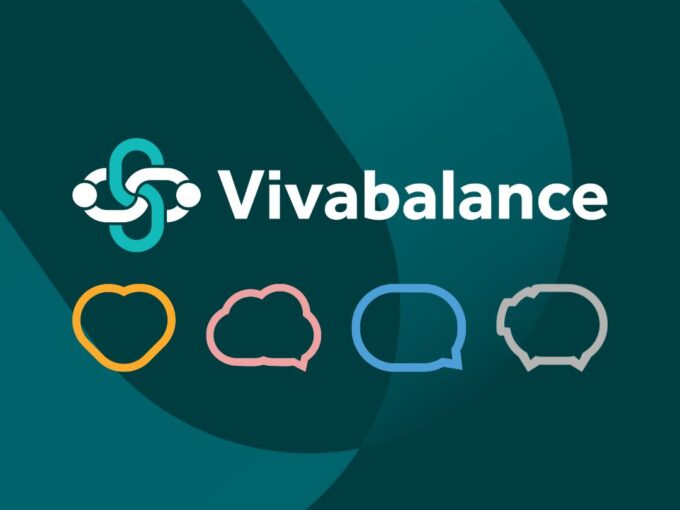“AI is coming for wealth management” (Financial Times).
“AI is changing the wealth management industry, forever.” (Forbes).
“AI, wealth management and trust: Could machines replace human advisors?” (World Economic Forum).
With headlines like these dominating industry commentary, it is almost impossible for wealth professionals worldwide to ignore the speed at which artificial intelligence is advancing on a traditionally people-first profession.
Alongside this, however, are more cautionary headlines:
“AI revolt: ChatGPT model refuses to shut down when instructed” (The Independent).
“Artificial intelligence could lead to the extinction of humanity” (BBC).
So where do we stand? Is AI a powerful tool reshaping our industry for the better, or a legitimate threat to our chosen careers, and perhaps even our existence?
Enhancing, not replacing
There is no doubt that technology is already transforming private client service. Just last year, for example, we partnered with an AI-driven consolidated reporting platform, a blockchain-based data security provider, and a specialist cryptocurrency accounting firm, enhancing our service offering in ways that would have seemed futuristic only a few short years ago.
Our Transformation Team more than doubled in size in the same year, as the demand for digital innovations and solutions across the firm surpassed expectations. A trend echoed across the world, not just within the wealth industry. Earlier this year, The World Economic Forum’s Future Jobs of Jobs Report predicted that AI will both eliminate and create new jobs, to a net gain of 78 million new jobs globally.
While innovation is accelerating, the real challenge for private client service providers is not whether we will be replaced by machines, it’s how we use emerging tools responsibly, and ensure the human element remains at the heart of what we do.
The limits of automation
AI excels at tasks that are repetitive and data heavy. In the context of trust and corporate services, that potentially includes onboarding processes, risk screening, and due diligence checks across jurisdictions.
For these types of processes, AI may increase both efficiency and accuracy, however its capabilities are inherently limited. It cannot read between the lines. It cannot anticipate or navigate family dynamics, manage sensitive transitions, or understand a client’s unspoken worries.
At their core, trusts are built on relationships – between settlors, beneficiaries, trustees and other advisors. Corporate structures, meanwhile, often hold family businesses, succession plans, or philanthropic ventures that are inherently personal. These are not just procedural checkboxes, but relationships that require care and cultivation.
Emotional intelligence in action
This is where emotional intelligence (“EQ”) becomes a competitive advantage for service providers who strike the right balance.
Empathy, active listening and cultural sensitivity are far from “soft” skills in the wealth industry, they are essential. Particularly in cross-border structures, where multiple generations, languages, cultures, and legal systems intersect, the ability to understand human nuance is as important as any data entry.
Trustees are often called upon to mediate between family members, interpret the intent behind succession planning, and guide clients through life’s most difficult transitions including bereavement, divorce or contentious matters. These moments require discretion, diplomacy, and emotional clarity. AI cannot (or at least not yet) navigate difficult situations with human care and empathy. It cannot balance the legal letter of a trust deed with the emotional element of a Settlor’s wishes.
While AI can follow instructions (notwithstanding the recent refusal of ChatGPT to shut down on request), its learning is limited to reading existing patterns, for example in conversation, text, images, or numeric data. It cannot generate original ideas or set itself objectives. Trustees, on the other hand, can think creatively and adapt to complex circumstances and find original solutions.
Additionally, AI cannot offer reassurance during periods of transition, whether those changes stem from internal family dynamics or external pressures such as evolving regulatory landscapes.
Cayman perpetuity law
When The Perpetuities (Amendment) Act, 2024 was passed in the Cayman Islands, trustees not only understood the technical implications, but also the real-world impact for their clients in preserving their wealth and legacies.
Trustees set about reviewing their clients’ long-term objectives and carefully considered whether the removal of the perpetuity period could better support those goals. They listened, provided guidance, and translated complex legal concepts into practical solutions. Working in partnership with lawyers and other specialist advisors, trustees ensured that those best positioned to benefit from the change were able to do so.
With an interest in how AI may have navigated this challenge, we plugged a simple question into ChatGPT – “Should I remove the perpetuity from my Cayman Island’s trust?” – giving no information about this client’s hypothetical circumstances.
The response was structured, but problematic. Even suggesting options that could potentially undermine the integrity of the trust. Tellingly however, the AI response ultimately suggested “speak with your trustee and seek professional advice”. Even AI defers to human expertise when considering these matters.
AI will undoubtedly continue to evolve and enhance private client services; however, it is essential to use the right technology for the right task. Our (admittedly basic) test demonstrates that while platforms trained to generate human-like responses can support certain functions, they cannot replace personal judgement or experience.
Relying solely on AI-driven responses carries inherent risks, particularly when advice and human guidance are essential. In our view, service providers should proactively integrate AI into their processes, implementing the right tool at the right time, ensuring that clients benefit from both AI and EQ.
Trust is human
While a trust is a legal relationship, it is also an emotional one. A trust structure can be established in a matter of weeks, where trust between clients and their service providers can take years to establish.
Our role is not simply to provide a reactive solution or a piece of information in a moment, as AI might do, it’s to offer an enduring partnership that adapts to both proactively identify and respond to changing opportunities and challenges.
While wealth industry processes may become increasingly automated, we believe the most valuable asset we can offer is personal care and attention combined with professional judgment. No matter how advanced technology becomes, compassion and integrity will remain the foundation of trust globally.
This article was first published in TL4 Private Client Magazine Issue 19












